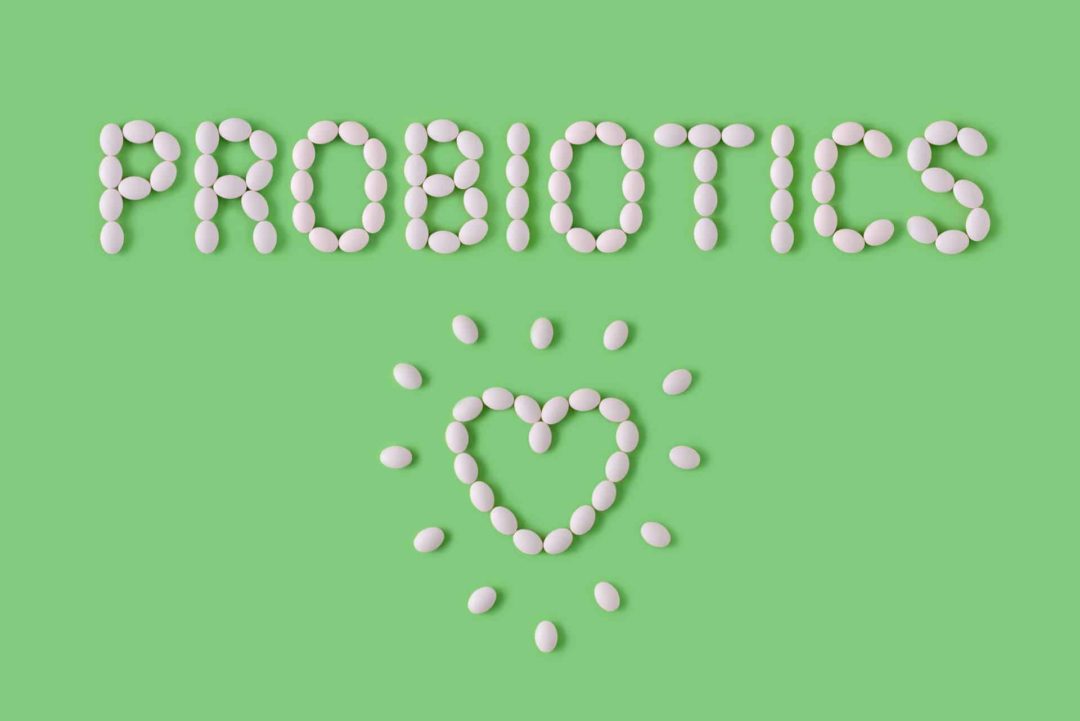The IRB-approved, randomized, double-blind, placebo-controlled study involving 44 healthy adults who consumed eitherB. subtilisDE111 (1 billion CFU) or placebo daily for four weeks. According to a press release from Deerland, researchers examined peripheral blood mononuclear cells (PBMCs) at basal levels pre- and post-study, as well as in response to stimulation with bacterial lipopolysaccharide (LPS), which encourages neutrophils, macrophages and other innate immune cells to release pro-inflammatory cytokines.
The result: Deerland reports that the study suggests that DE111 can support a healthy immune system and a robust immune response. After four weeks of supplementing with the probiotics, participants displayed immunomodulatory and anti-inflammatory effects on several T cell subsets.
The researchers observed reduction in immune cell populations within the basal state, and note that "the downregulation of these cell types in circulation may implicate an overall anti-inflammatory state demonstrated by the decrease in peripheral surveillance and effector cell types.”
Deerland also outlined another proposed mechanism, which suggests that DE111 ingestion improved the gut barrier function resulting in less circulating LPS, thereby reducing inflammation levels. In addition, according to the release, participants in the DE111 group exhibited an increase in anti-inflammatory immune cell populations in response toex vivoLPS stimulation of PBMCs, which is indicative of a more robust response to prime the immune system.
“This newly published study substantiates the efficacy of B. subtilis DE111 for use in products that address the most common concerns of the day—a strong immune system with a quick response to foreign invaders,” said Dr. John Deaton, Vice President of Science and Technology at Deerland Probiotics & Enzymes, which funded the research. “The latest publication adds to an impressive list of clinical studies showing DE111’s impact on digestive, children’s, and cardio health and sports performance/recovery."










